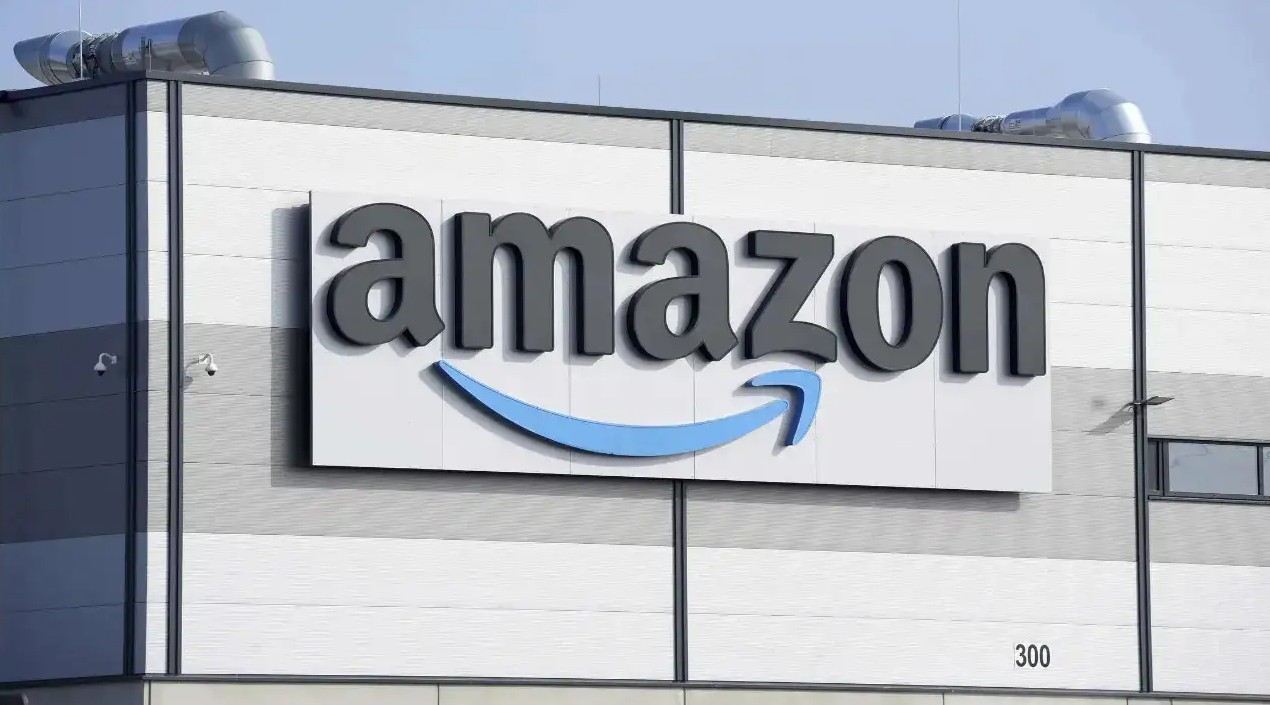
New Delhi: Amazon’s recent launch of its 10-minute delivery service, Amazon Now, in Delhi — following its initial debut in Bengaluru — has intensified competition in India’s burgeoning quick commerce sector. This market already features fierce rivalry among players like Blinkit, Zepto, and Swiggy Instamart, making India one of the few global markets where ultra-fast delivery services are flourishing.
A report by ICICI Securities in April highlighted how quick commerce platforms are evolving beyond mere speed and snack-led transactions. These platforms are creating strong consumer habits, expanding their offerings through high-frequency engagement, and transforming shopping behavior with curated product categories.
Amazon has rolled out ‘Amazon Now’ in select Delhi pin-codes, offering a curated range of everyday essentials. Initially launched in Bengaluru in December, the service now appears within the app for users in certain areas, with plans to expand to other cities soon.
The service covers daily necessities such as groceries, fruits and vegetables, personal care, beauty products, wireless accessories, and small appliances. Prime members can order with a minimum value of ₹99, and non-Prime customers with ₹199, both enjoying free delivery.
Market analysts believe that app-based quick commerce platforms have successfully recreated the convenience and familiarity of shopping at local kirana stores. They cater to fast-paced lifestyles by offering a broad selection of products with doorstep delivery, fostered by India’s high smartphone penetration, low data costs, and young demographic.
Earlier this year, a report by Flipkart, Bain & Company indicated that over two-thirds of e-grocery orders and 10% of overall e-retail spends in India were conducted via quick commerce platforms in 2024, illustrating how QCommerce is reshaping consumer purchasing habits.
Jefferies noted that quick commerce has become mainstream, with giants like Amazon and Flipkart expanding into this space due to rapidly shifting consumer wallets. However, the market might become cluttered as multiple platforms compete aggressively with discounts. Amazon still needs to establish substantial scale and brand recall in QCommerce, which remains a challenge since it is currently integrated into the main Amazon app, unlike specialized vertical apps like Blinkit or Swiggy’s dedicated QCommerce app.
Indian consumers spent over ₹64,000 crore via quick commerce platforms like Blinkit and Instamart in FY2024-25—more than double the previous year’s ₹30,000 crore. The gross order value (GOV) is projected to surpass ₹2 lakh crore by FY28. Moreover, Datum Intelligence estimates the quick commerce market may reach USD 40 billion by 2030, up from USD 6.1 billion in 2024.
Despite its rapid growth and promising outlook, quick commerce has faced regulatory challenges. The Central Consumer Protection Authority (CCPA) has scrutinized the sector for issues such as food safety violations, false claims, and non-compliance. Late last year, the regulator issued notices to several companies for not adhering to mandatory product disclosure laws, which require online and offline retailers to display key product details like MRP, expiry dates, weight, manufacturer information, and customer service contacts on packaged goods.
